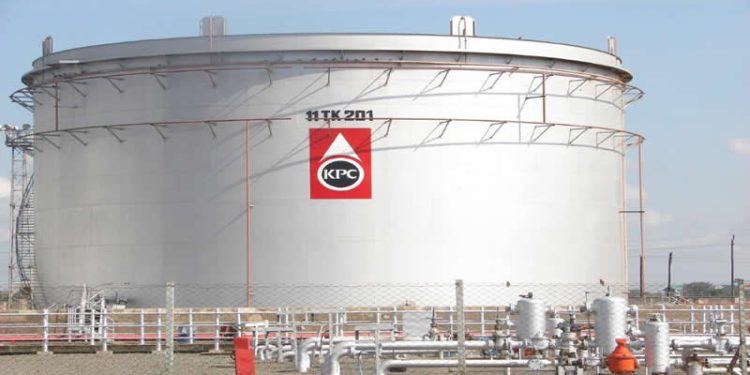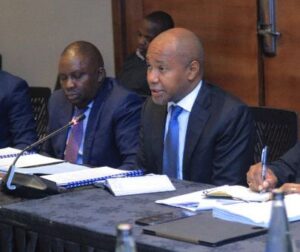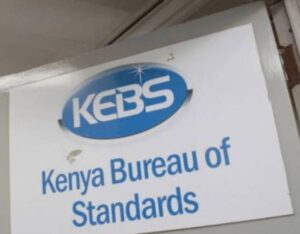
Kenya Pipeline Corporation. Photo | Courtesy.
The government has approved plans to privatize the Kenya Pipeline Company (KPC) Limited through an Initial Public Offering (IPO) on the Nairobi Securities Exchange (NSE), in a move aimed at unlocking the firm’s full potential and empowering ordinary Kenyans to own a stake in the strategic enterprise.
In a public notice, the Privatization Commission said the approval followed the endorsement of the Privatization Method for KPC by the Cabinet, and subsequent tabling of a Sessional Paper before the National Assembly. The transaction is expected to be completed by March 31, 2026.
“The privatization presents a strategic opportunity to unlock the company’s full potential while ensuring broad national benefits,” the Commission stated.
The Commission noted that proceeds from the transaction would support key development priorities, reduce reliance on borrowing, and deepen Kenya’s capital markets.
“The process will enable the government to raise funds budgeted for the 2025/2026 financial year required to implement economic and social objectives,” the statement added.
The sale is also expected to empower citizens to participate directly in the ownership of a major public enterprise.
“It will empower ordinary Kenyans to own a stake in one of the country’s profitable and strategic enterprises, promote inclusive economic growth and strengthen transparency and corporate governance through stock exchange listing and regulatory oversight,” the Commission said.
Founded in 1973 and fully owned by the government, KPC plays a critical role in transporting and distributing petroleum products across Kenya and the region.
ALSO READ: Parliament Approves Privatization of Kenya Pipeline Corporation
Its pipeline network serves Uganda, Rwanda, the Democratic Republic of Congo, Northern Tanzania, Burundi, and South Sudan.
KPC’s core business involves transporting Motor Spirit Premium (MSP), Automotive Gas Oil (AGO), Jet A-1, and Illuminating Kerosene (IK).
The company is currently owned 99.9 percent by the National Treasury and 0.1 percent by the Ministry of Energy and Petroleum.
Privatization Commission Chairman Faisal Abass said the move is in line with the government’s economic reform agenda.
“The approved method of privatization through an Initial Public Offer (IPO) on the Nairobi Securities Exchange will enhance operational efficiency, innovation, and institutional modernization in a manner that benefits both the public and the economy at large,” he said.




